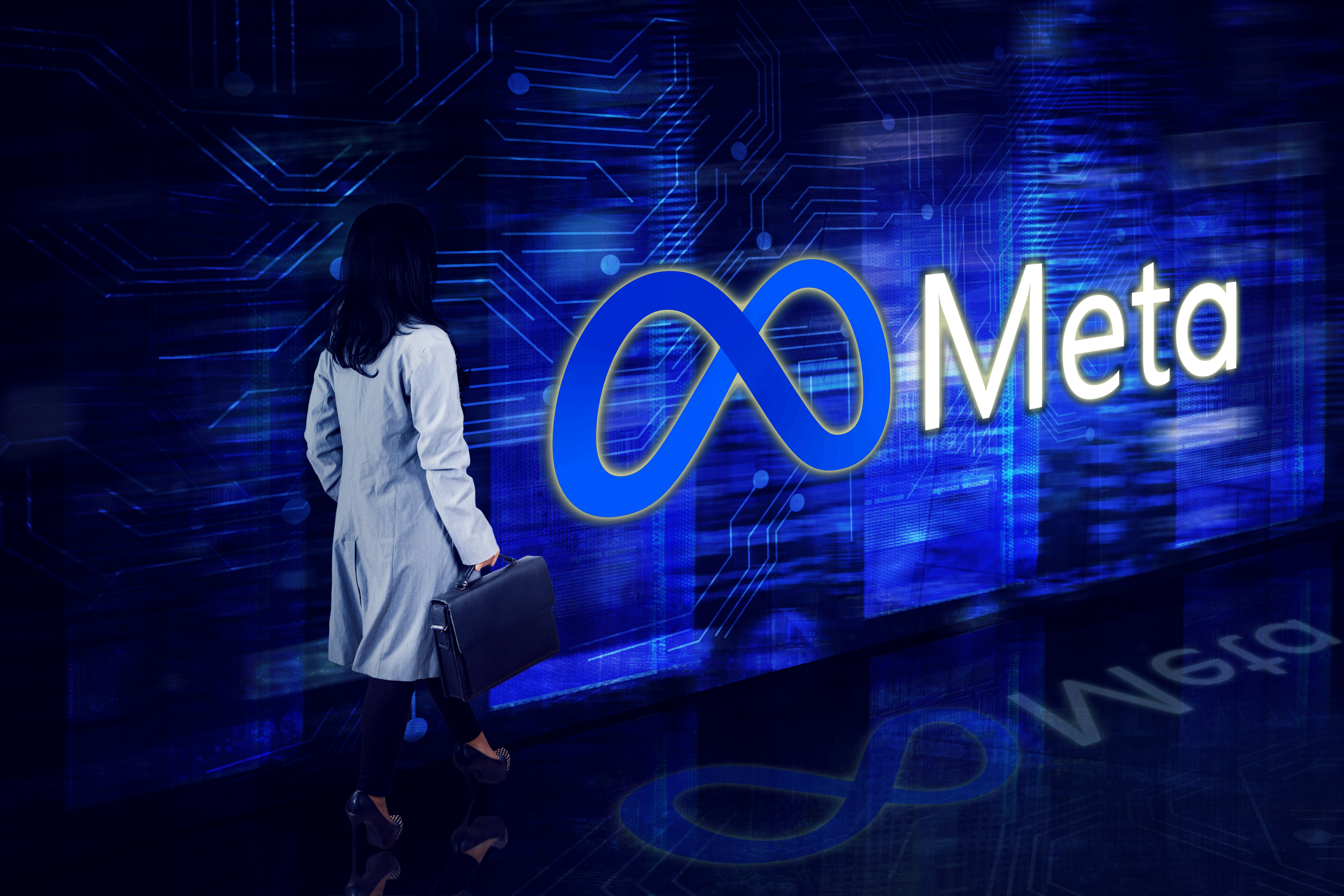Meta, the company behind Facebook, is set to face trial in April over allegations from the US Federal Trade Commission (FTC) that it stifled competition by acquiring Instagram and WhatsApp. The FTC’s lawsuit, filed in 2020, argues that Meta acted illegally to maintain dominance in personal social networks by purchasing potential competitors rather than innovating within the mobile ecosystem.
The case is scheduled to begin on 14 April, as ruled by Judge James Boasberg. Earlier this month, the judge rejected Meta’s request to dismiss the case, which argued that the FTC’s claims relied on a narrow definition of the social media market. Meta highlighted competition from TikTok, YouTube, LinkedIn, and X as evidence that the FTC’s market analysis was outdated.
Judge Boasberg acknowledged the challenges facing the FTC, noting that shifts in technology and market dynamics complicate its claims. He described the agency’s approach as pushing antitrust law to its limits, raising doubts about whether its case could withstand trial.
The trial will examine whether Meta’s acquisitions of Instagram in 2012 and WhatsApp in 2014 were part of a deliberate strategy to eliminate competition. The outcome could have significant implications for the future of antitrust enforcement in the tech industry.









